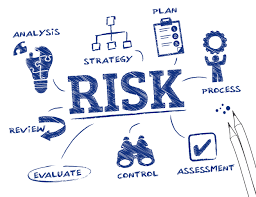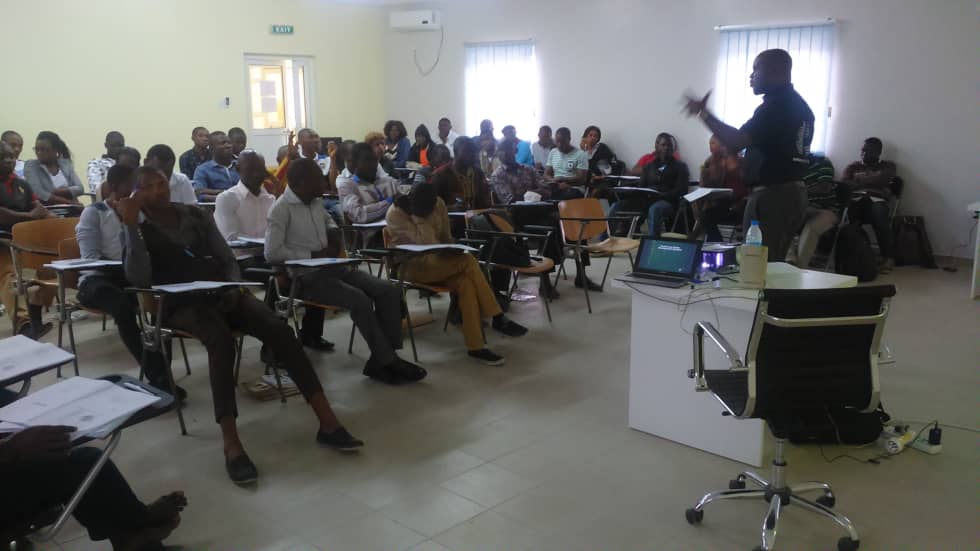Businesses today are more at risk of financial fraud due to the prevailing situation in the digital world. This, in turn, means that as fraudsters start to use more sophisticated techniques, businesses must work even harder in detecting and preventing fraud. Data analytics is considered one of the finest contemporary tools in the battle against fraudulent activities. It provides the companies with the ability to analyze big data and shapes, find patterns that are suspicious, and thus apply correcting measures. In this article, we will review how organizations are leveraging data analysis as a weapon to protect financial integrity and keep fraud at bay.

The Growing Menace: Financial Fraud
Financial fraud is indeed an issue that most businesses from all walks of industry face. Whether it involves identity theft, money laundering, or fraudulently added or cooked books, it results in huge losses and may also dent the image of a company. This is because, as transactions have gone digital and data is shared on each platform, fraudsters also find more ways to exploit any loophole in the system.
With AI bots and automated attacks, fraud identification techniques have now become more complex and sophisticated. Today, businesses cannot afford to operate based solely on human judgment or fraud detection systems that were in vogue several years ago. They have no option other than to adopt more sophisticated ways of protection, including data analytics.
Importance of Fraud Detection
Fraud detection holds much importance for a number of reasons:
- Protection of Financial Resources: Fraud tends to siphon a lot from organizations and causes loss that may be of higher magnitude, that made be hard to recover from. Early fraud detection stops these losses before mounting.
- Reputation Management: A company that knows how to detect fraud instills confidence in the customers, stakeholders, and business associates. A good name and reputation are important in a competitive market.
- Legal Requirements: There are a number of regulations that are being dictated by regulatory bodies about financial transactions. Companies have to abide by these and hence avoid fines and litigations, especially in industries related to banking and finance.
- Operational Efficiency: The early detection of fraud minimizes end-damage control measures. Recovery processes, more so after a major incident of fraud, disrupt operations and stress internal resources.

How Data Analytics Enhances Fraud Detection
Data analytics revolutionizes fraud detection by providing insights from large data sets in an actionable manner. Advanced algorithms, predictive models, and real-time processing can help the company accelerate the process of fraud detection and prevent it well before significant damage is caused. The following are some of the critical ways data analytics enhances fraud detection:
1. Anomaly Detection
One of the major ways through which fraud is prevented is through the detection of anomalies. In many cases, an organization usually has a baseline of normal behavior for its customers, employees, or transactions. It uses various data analytics tools in monitoring activities with the detection of variance from this baseline. For example, if after a period of low expenditure, a customer’s high-value purchases suddenly develop, then that can easily be flagged by the system as suspect behavior.
Anomaly detection in banking may point to unusual transactions, for example, unexpectedly large withdrawals or transfers of funds to foreign accounts. By noticing such outliers, companies can investigate fraud in real-time.
2. Pattern Recognition
Fraudsters use patterns, and this is all that data analytics tools are trained to identify. The analytics of historical data will indicate to a company how certain behaviors consistently present themselves as signals of fraud. For instance, fraudsters in an e-commerce store may make several purchases in low amounts beneath their verification threshold. Data analytics systems, if enabled with such intelligence, flag them for assistance towards preemptive measures the business has taken.
3. Predictive Modeling
Among the strong insights provided through data analytics in fraud detection, we have predictive modeling. Machine learning models utilize past fraud activities from historical data and provide a forecast of future fraud activities that could possibly occur. As these models begin to process more and more data, their predictions of high-risk transactions or fraudulent behavior become more precise. This may involve an ML model at an insurance company flagging claims that are likely to be fraudulent based on historical trends, thus reducing the incidences of false payouts and the associated losses for the company.
4. Real-Time Monitoring and Alerts
Fraud detection largely calls for real-time monitoring, especially in industries characterized by a high volume of operations such as banking and e-commerce. Through data analytics, different systems analyze the transactions as they occur in real time and flag suspicious activities via an alert system. In this respect, companies can take necessary action in a timely manner to prevent further fraud. For example, banks can immediately freeze suspicious accounts or block any transactions perceived to be of a fraudulent nature before they actually go through.

Applications of Fraud Detection across Industries
Data analytics is being used powerfully to pinpoint fraudulent activities for the protection of various asset classes in the following industries:
1. Banking and Finance
Data analytics is generally used in this financial sector to monitor and identify the pattern of transactions that indicate credit card fraud, money laundering, and identity theft. The banks analyze the pattern of transactions and their customers’ behavior round the clock and identify and block these fraudulent activities before they affect their customers.
2. E-commerce
There’s always a possibility that an order might turn out to be fraud, so e-commerce retailers have to decide whether to fulfill each order. Analytics tools identify if an order may be fraudulent before shipment of goods through purchasing behavior, forms of payment, and/or delivery addresses. In that way, this can help avoid chargebacks and losses arising from fraudulent purchases.
3. Insurance
Insurance fraud is big business, costing companies billions every year. Analytics uncovers suspicious claims by matching those claims against historic data to determine a pattern consistent with fraud. A very high volume of claims emanating from a particular region or individual might flag that claim for closer scrutiny.

Over the years, fraudsters have been increasingly creative; businesses, therefore, must be continuously working on how they can accurately identify, detect, and prevent any fraudulent activity. Firms capitalize on data analytics in an effort to stay one step ahead of fraudsters in identifying, recognizing patterns, and forecasting fraud into the future.
No matter the type of company you work in, being proactive in the use of advanced analytical tools can secure enterprises from asset losses and also work towards customer trust. Companies could prevent financial fraud with real-time monitoring, predictive models, and anomaly detection in this increasingly digital world.
Is your business ready to fight fraud with data analytics? Now, it’s time for action.









